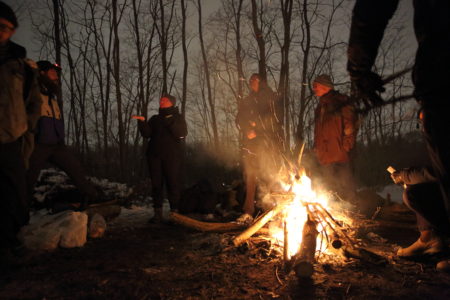So much depends on style, that factor of which we are growing more and more suspicious, that although the tendency of criticism is to explain a writer either in terms of his sexual experience or his economic background, I still believe technique remains the soundest base for a diagnosis, that it should be possible to learn as much about an author’s income and sex-life from one paragraph of his writing as from his cheque stubs and his love-letters, and one should also be able to learn how well he writes, and what are his influences. Critics who ignore style are liable to lump good and bad writers together in support of pre-conceived theories.
Connoly, Cyril. Enemies of Promise. George Routledge & Sons, Ltd. Broadway House: 68–74 Carter Lane, E.C. 1938







